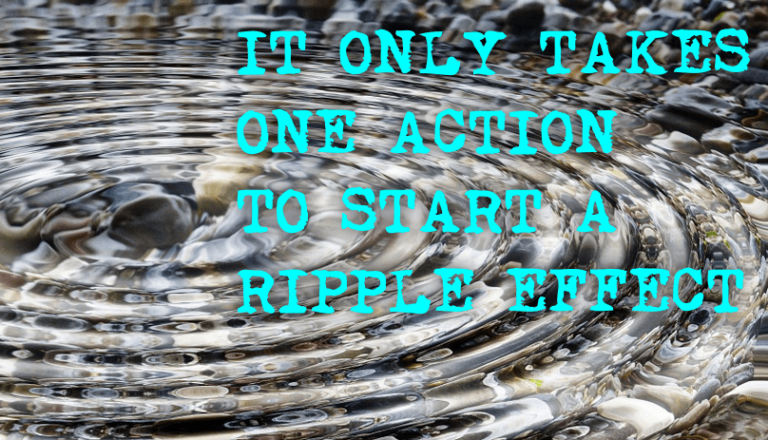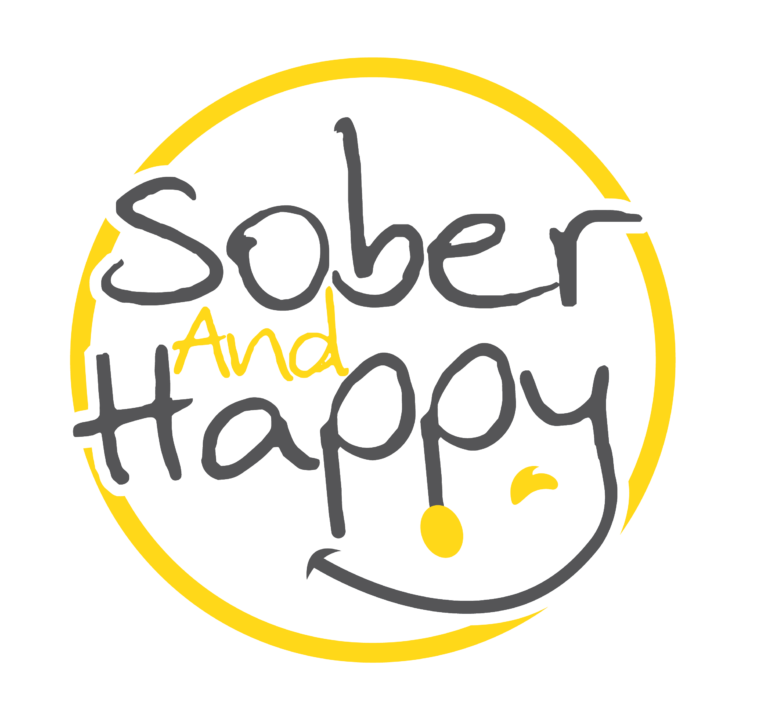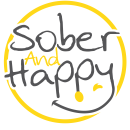Imagine preparing for a marathon, but every day leading up to the race, you tell yourself, “I’ll never make it past the first mile.” The day of the race arrives, and sure enough, you collapse before mile two. Not because you weren’t capable but because you had already convinced yourself of failure.
This isn’t just a story about running; it’s the reality many people face in recovery. Predicting failure is just one of the many internal red flags that can lead to relapse.
The Biggest Relapse Threat Is Within
When we think of relapse triggers, we often focus on external factors—being around alcohol, peer pressure, or stressful environments. While these are important to address, the biggest dangers often lurk within us.
From self-defeating narratives to romanticizing the past, internal red flags can quietly pave the way for relapse if we don’t recognize and address them. This article will explore common internal red flags, how to spot them, and what to do when they appear.
Red Flags To Look Out For In Recovery
- Predicting Your Own Failure. Henry Ford famously said, “Whether you think you can or you think you can’t—you’re right.” This is especially true in recovery. When we tell ourselves stories like, “I can never make it past 30 days,” we often create self-fulfilling prophecies. In my early recovery attempts, I repeated this narrative constantly, and sure enough, I always drank before reaching day 30. It wasn’t until I changed my mindset to “I’ll do everything in my power to stay sober” that I finally broke past that milestone.
- Action Step: Identify limiting beliefs you may be repeating to yourself. Replace them with affirmations of possibility and determination.
- Romanticizing the “Good Old Days”. It’s easy to remember the fun times associated with drinking and conveniently forget the consequences—destroyed relationships, lost jobs, and the endless cycle of regret. Nostalgia is a powerful force, but it often paints a one-sided picture. When I found myself longing for my carefree college days of drinking, I had to remind myself of the full story: the broken friendships, the financial strain, and the mornings filled with shame and regret.
- Action Step: When you catch yourself reminiscing, write down the consequences you faced during your addiction. Keep this list as a reality check for when nostalgia creeps in.
- Telling “War Stories”. In early recovery, there’s a common tendency to swap stories about drinking escapades. While sharing our past can help us connect with others and heal, bragging about old drinking habits keeps us stuck in the past. Recovery is about building a new life, not reliving the old one. Instead of boasting about how much you drank, celebrate your current wins—like showing up for your child’s soccer game or conquering a fear you’ve carried for years.
- Action Step: Focus on sharing stories that highlight your progress and growth rather than glorifying your past.
- Negotiating with Yourself. In the early days of sobriety, it’s common to start bargaining. I would tell myself things like “Maybe I wasn’t drinking that much”, “If I only drink on weekends, it’ll be fine”, and “This time, I’ll be different.” These thoughts are dangerous because they lead to justification for relapse. During my first weeks in rehab, I had countless “good ideas” about how I could moderate my drinking. Thankfully, I shared these thoughts with my counselor, who helped me see the flawed logic.
- Action Step: If you start negotiating with yourself, share these thoughts with someone you trust—a therapist, sponsor, or supportive friend.
- Blaming Circumstances. It’s easy to blame external factors for drinking: a stressful job, a breakup, or financial struggles. But the truth is, we don’t drink because of our circumstances; we drink because we choose to numb our emotions instead of facing them. Life will always bring challenges, but sobriety gives us the tools to face them without self-destruction.
- Action Step: When faced with a difficult situation, ask yourself, “What can I do to cope with this in a healthy way?” Seek support if needed, and remind yourself of the bigger picture.
Choosing Your Path to Recovery
Recovery isn’t just about avoiding alcohol—it’s about recognizing the internal red flags that can lead us astray. By addressing self-defeating thoughts, romanticizing the past, and blaming circumstances, we can take control of our sobriety and create a fulfilling life.
Sobriety isn’t just about survival; it’s about thriving. As Henry Ford said, “Whether you think you can, or you think you can’t—you’re right.” Choose to believe in your ability to build a life where you’re both sober and happy.
If this article resonated with you, dive deeper into these topics by listening to the full episode of the Sober and Happy Podcast. Learn how to spot internal red flags, shift your mindset, and take actionable steps toward lasting recovery.














